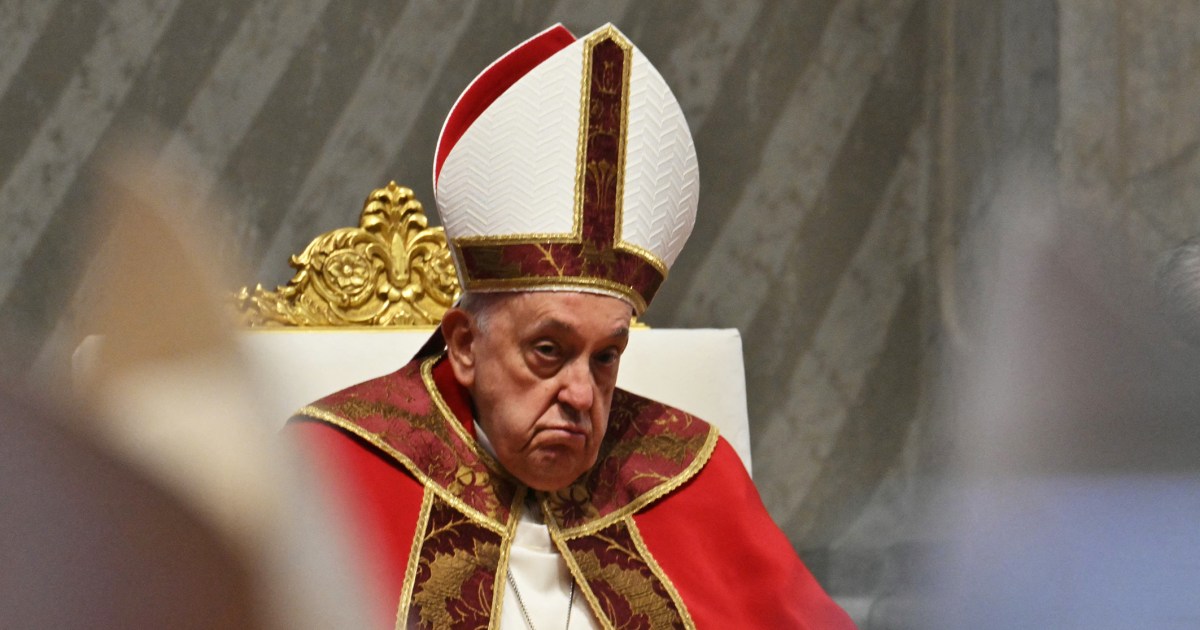
Pope Francis, the leader of the Catholic Church, found himself in a controversial situation after reports emerged that he used derogatory language to refer to gay men during a private meeting with Italian bishops last week. The pope's remarks came during a discussion about admitting homosexual men into seminaries and being ordained as priests.
According to multiple sources, including Italian media outlets and senior Vatican officials, Francis used an offensive term that is considered derogatory towards gay men during the meeting. The pope's use of such language was surprising given his previous statements expressing a more welcoming approach towards the LGBTQ+ community.
The Vatican issued an apology for any offense caused by the pope's remarks, stating that he did not intend to offend or express himself in homophobic terms. However, some critics argue that the underlying content of Francis' comments and the overall ban on gay men in the priesthood is problematic.
The Catholic Church has a long-standing policy of excluding gay men from seminaries and holy orders due to an instruction issued by Pope Benedict in 2005. This policy has been criticized by many, including advocacy groups for LGBTQ+ Catholics, who argue that it is discriminatory and goes against the church's mission of inclusivity.
Despite the controversy surrounding his remarks, Francis remains a popular figure among many Catholics and continues to draw large crowds during his public appearances. The pope has been known for his more liberal views on various issues, including women in the church and environmental concerns. However, some critics argue that he has not done enough to address the issue of LGBTQ+ rights within the church.
The incident highlights the ongoing debate about LGBTQ+ rights and inclusion within religious institutions. While some argue that religious beliefs should be upheld regardless of their impact on marginalized communities, others believe that these institutions have a responsibility to promote equality and inclusivity for all.


